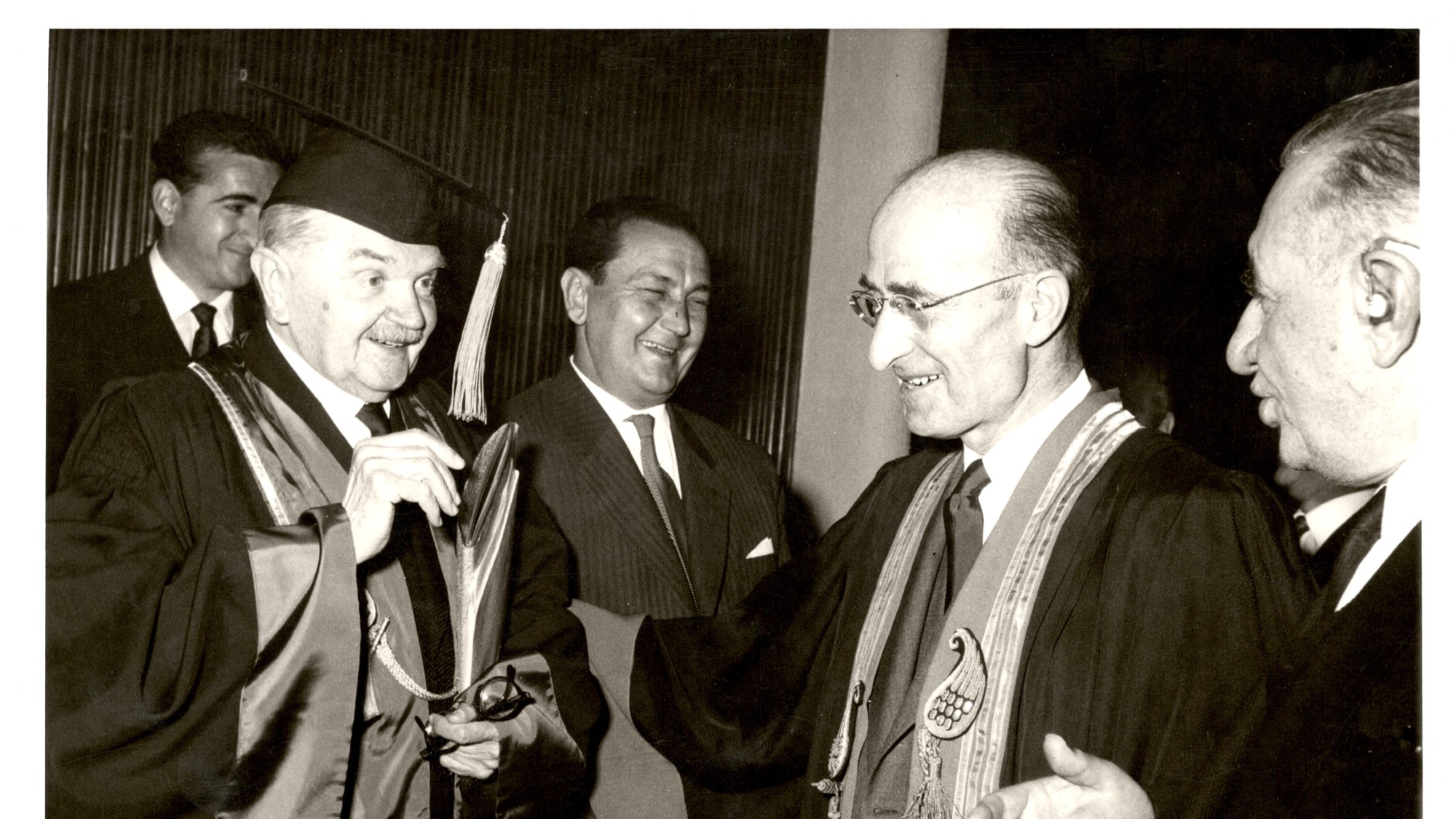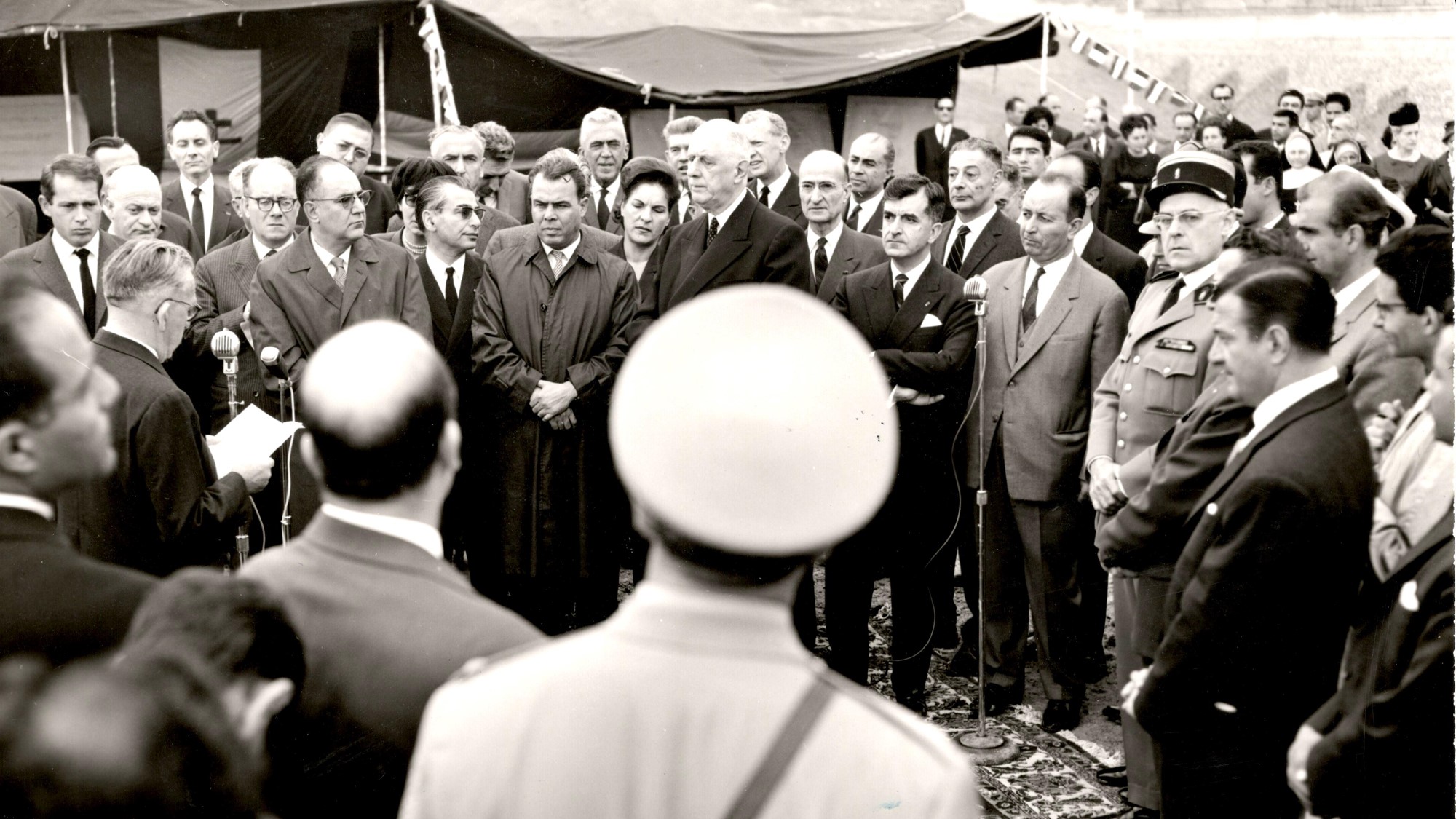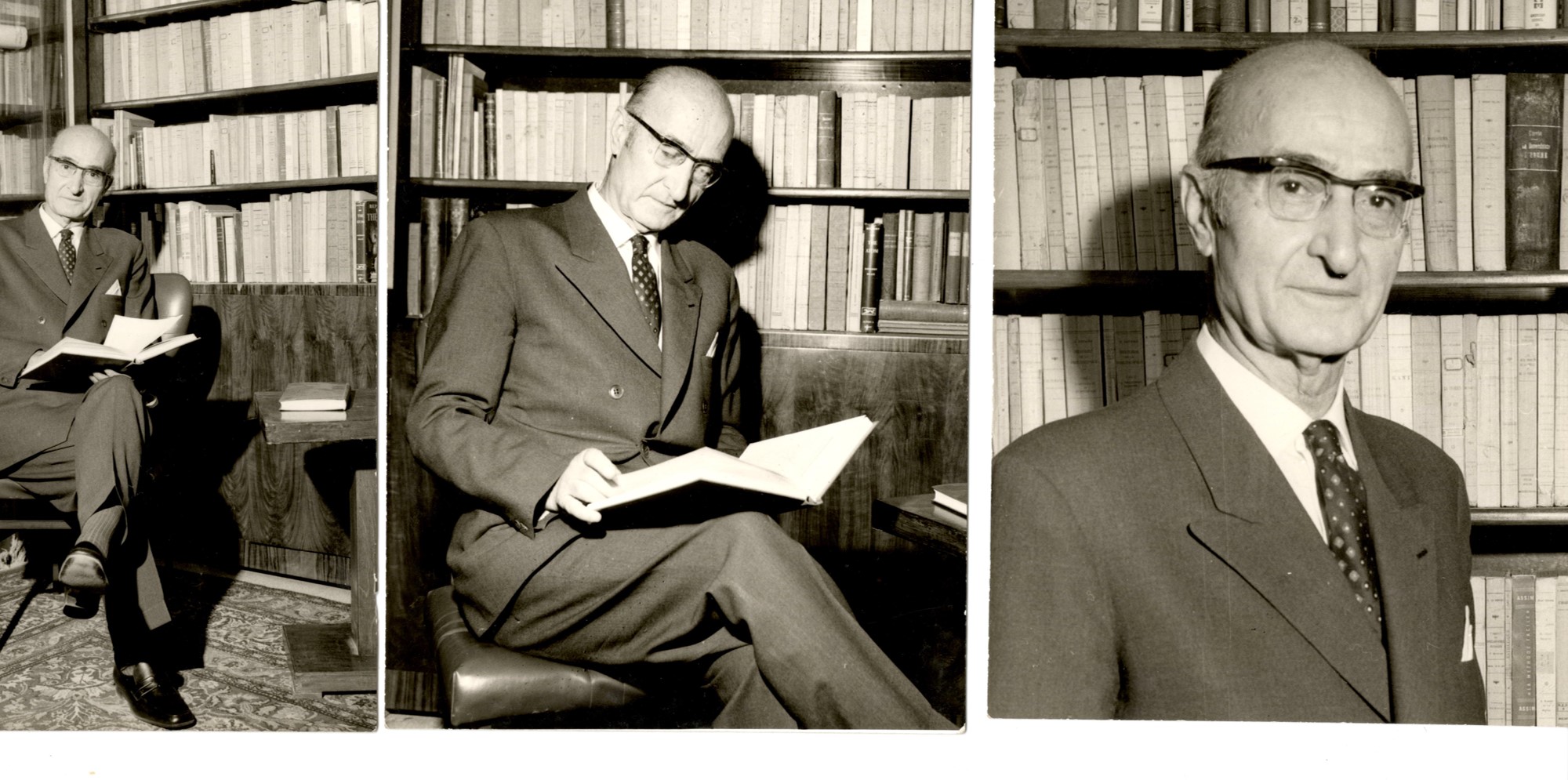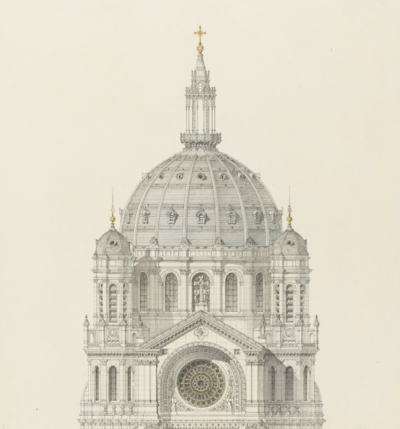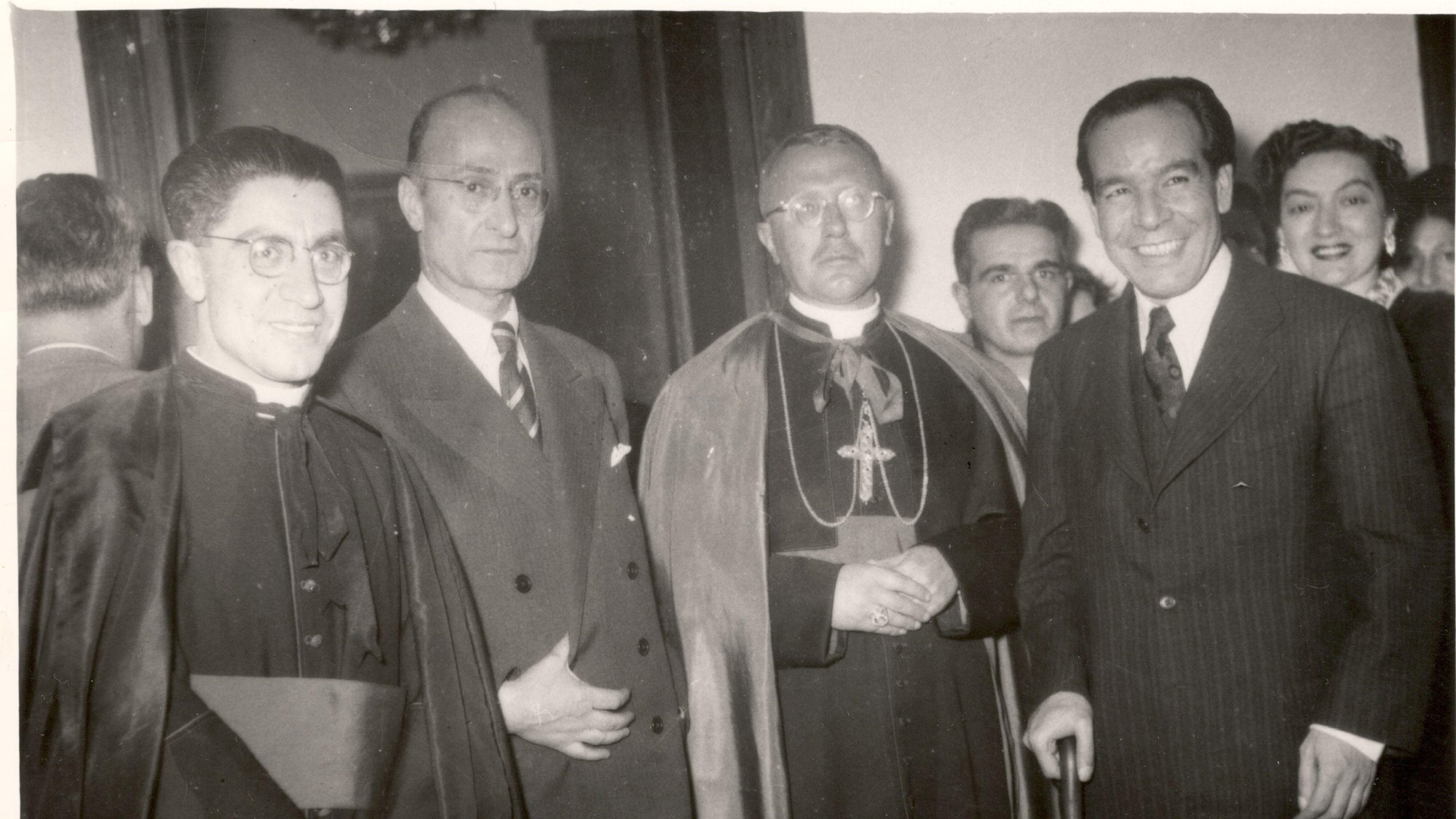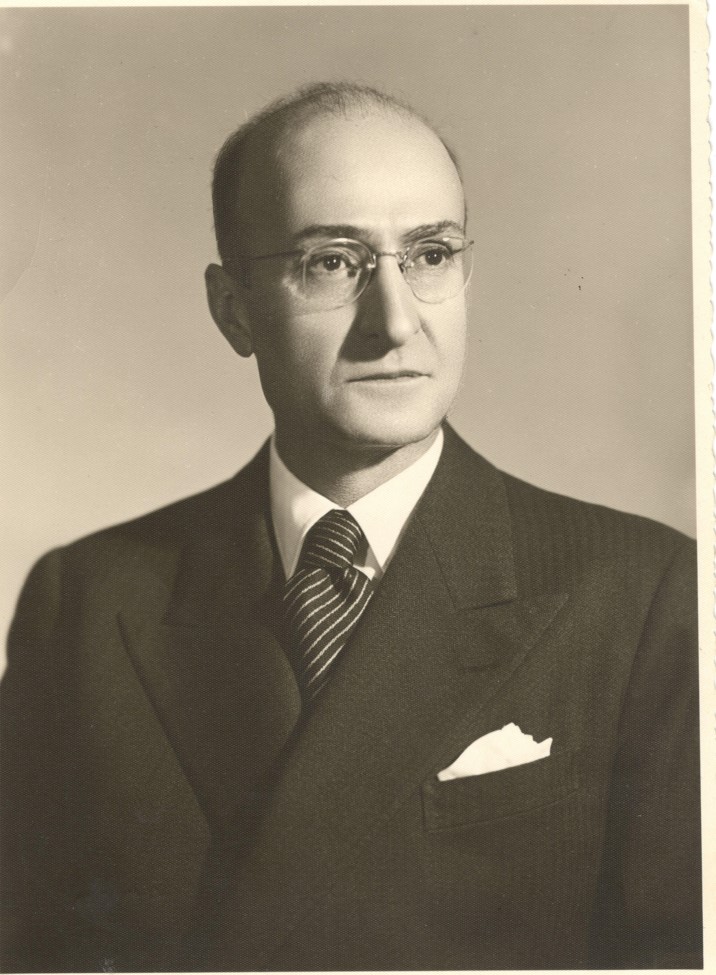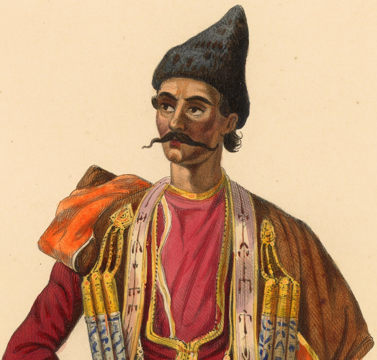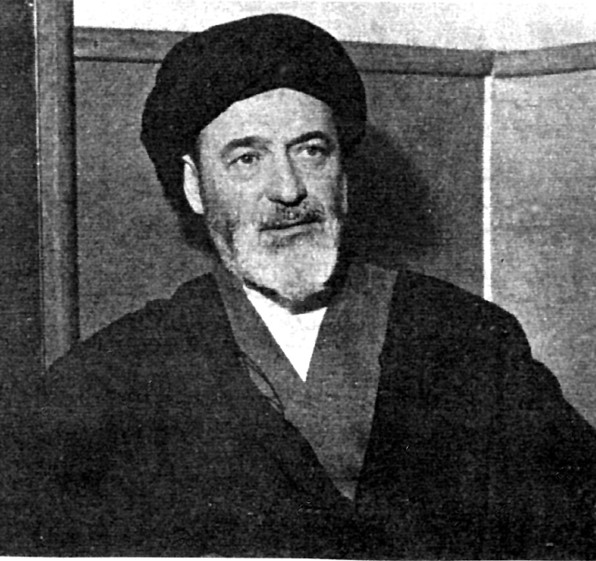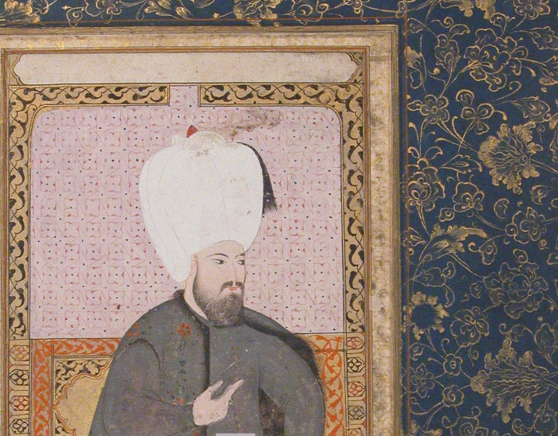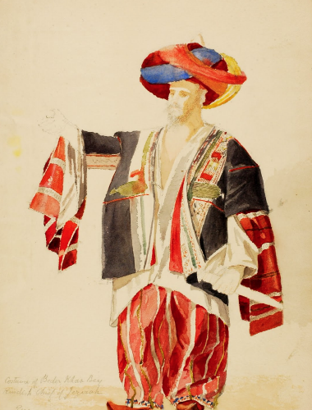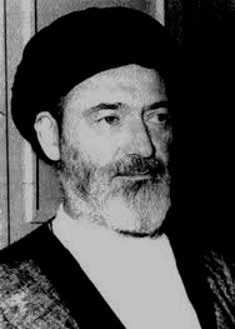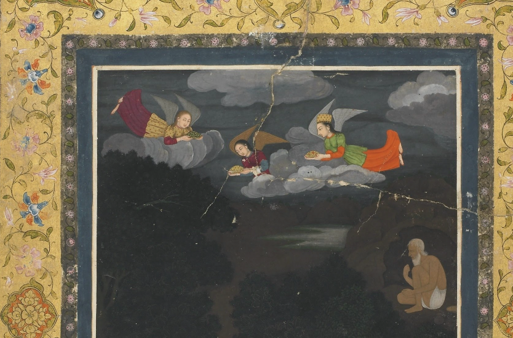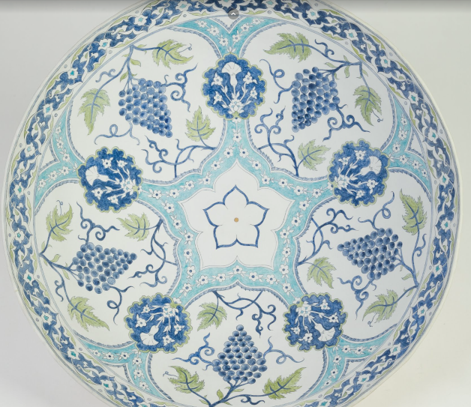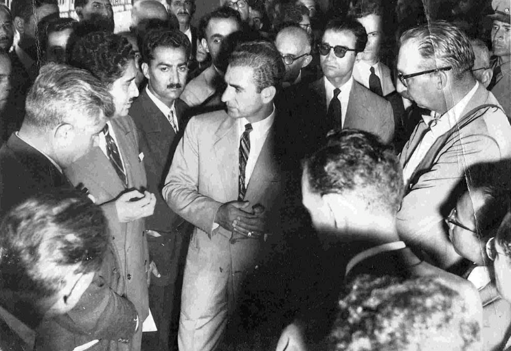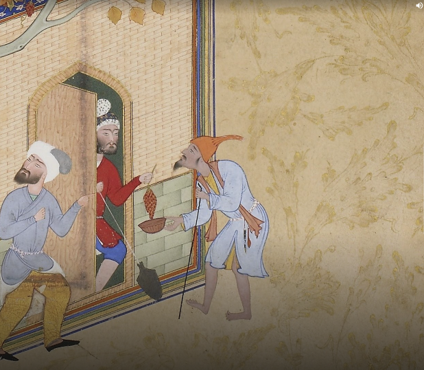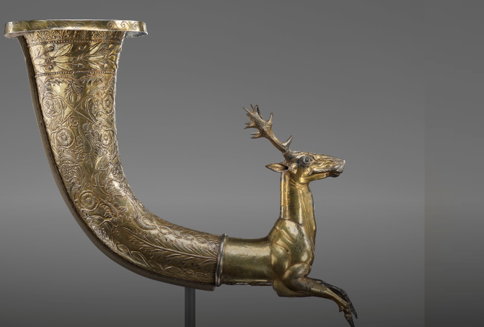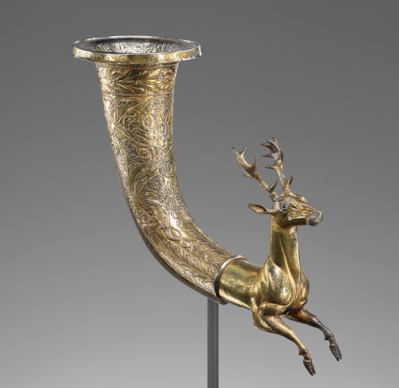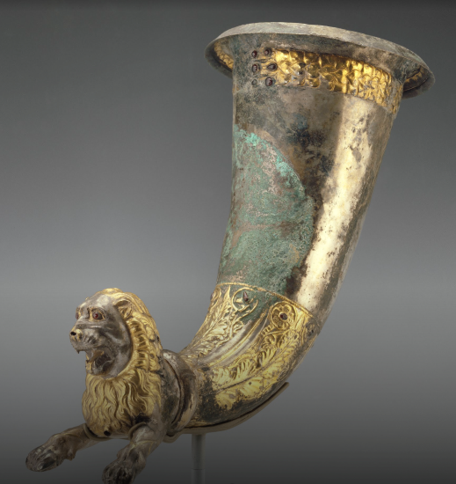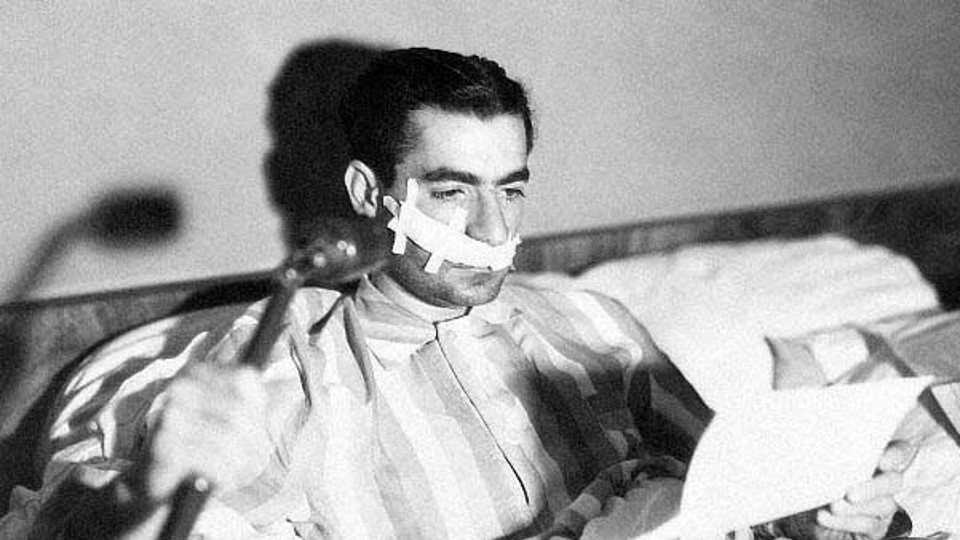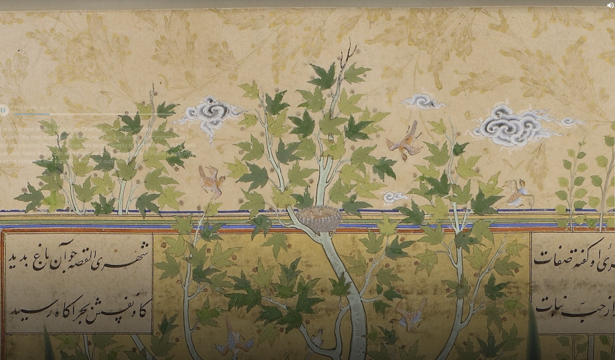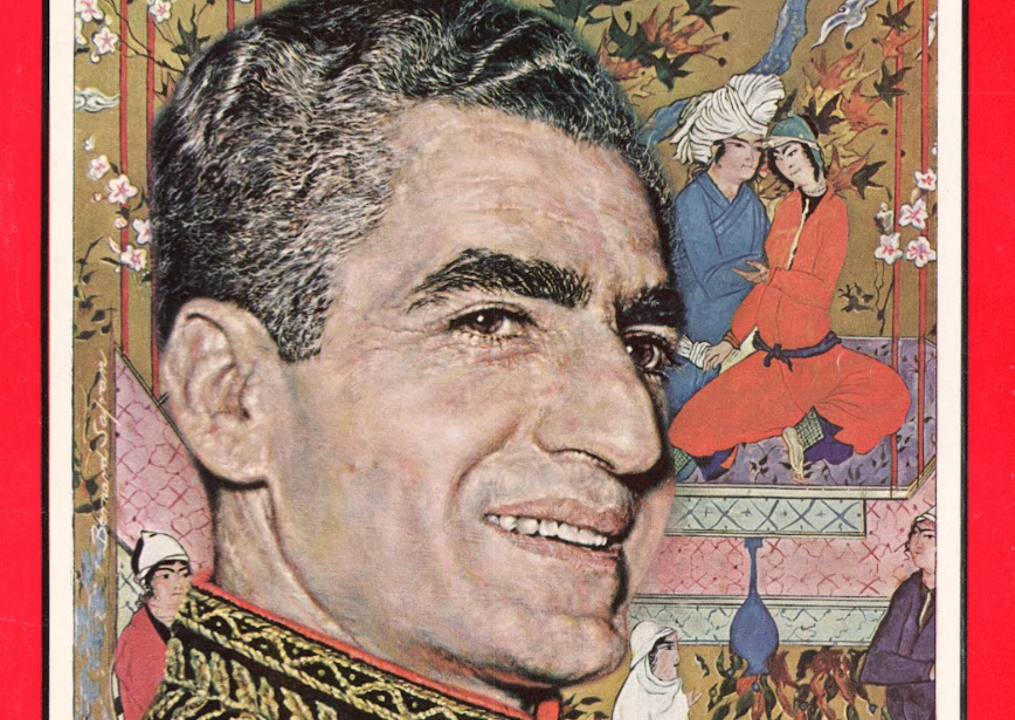A few days later, Dr.Eqbal (Minister of Education) made the following statement at the National Assembly: “According to the evidence that was in the assailant’s (Fakhrarayi’s) pocket, it became apparent he belonged to the Communist party and was under order from their leaders to commit the assassination.” Following this announcement, the Communist party was declared illegal and its leaders were ordered to be arrested, but they were able to escape and flee the country. They demanded the expulsion of communist professors from the university. The University Council approved a vague formula which I had prepared in this regard: “Dr. Radmaneshرادمنش, Dr. Jodatجودت, Dr. Fereydoun Keshavarzفریدون کشاورز , Dr. Kianouri کیانوریand Dr. Frut an were to be suspended from their University duties.”
The investigation of the assassination attempt and its consequences resulted in many questions. Was the assailant really a Communist? They said, contrary to what Dr. Eqbal stated in the Assembly, that he was not a communist but a newspaper reporter at “Sedaye Islam” closely tied to the British Embassy.
Another question was why did they choose the University as the place to commit the crime? It has been said that if the attempt had been successful, the new government and regime had an excuse to take away this organization’s independence and manage it the way it wanted. And if it didn’t succeed, at least it would cause five communist professors to be fired; secondly, the Shah would be alienated from and indifferent toward the University, making him less likely to help. These two objectives were achieved, the five communists ran away and left and the Shah’s tendency to help the University’s needs decreased.





